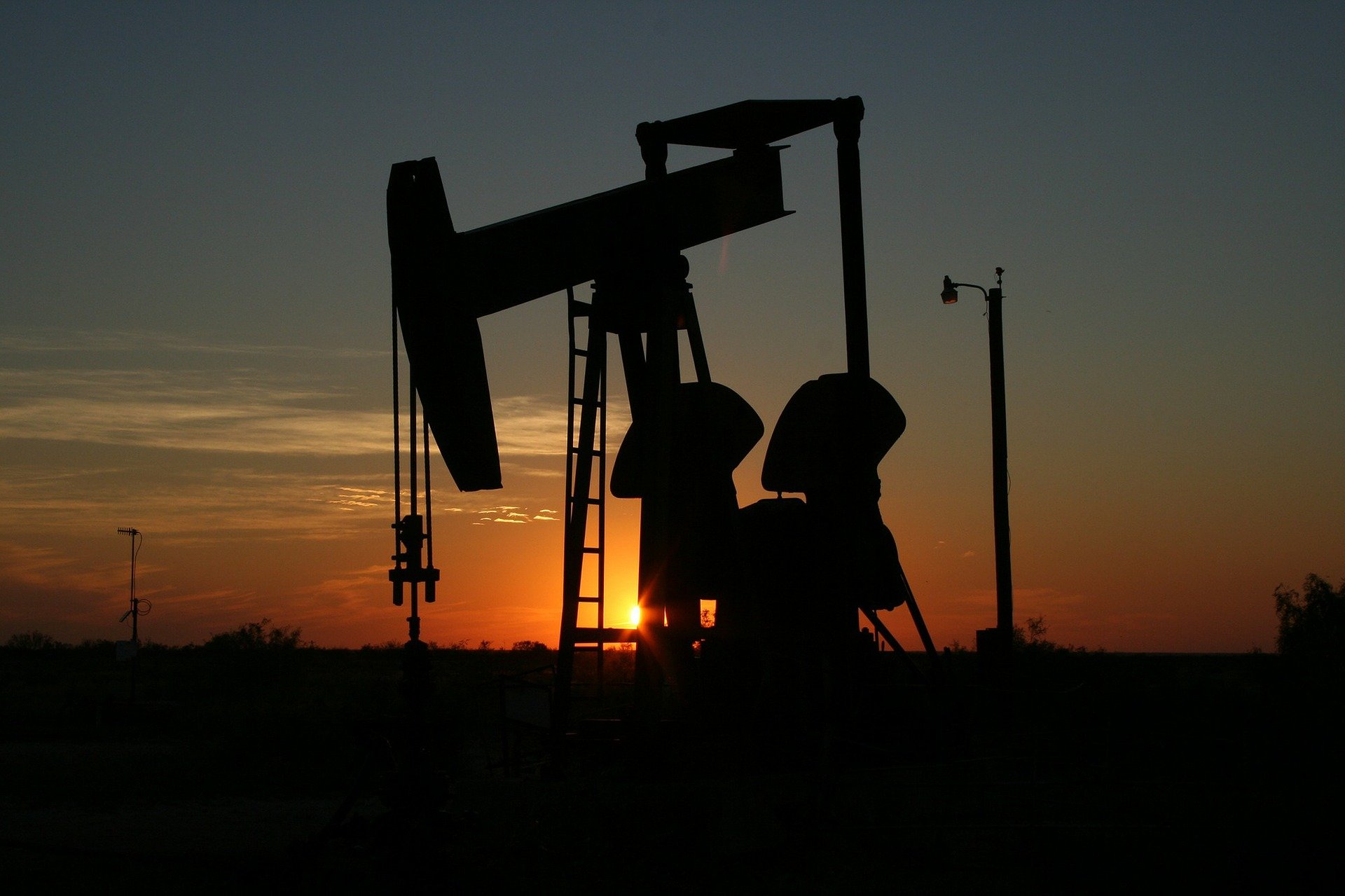“When I started this job almost ten years ago, I joined a group of established, confident and eloquent men dressed in suits and ties who peacefully oversaw how a group of operators in the Dutch sector were generating good profits and subsequent tax income for the government. That has all radically changed,” said Jo Peters in an interview with Remco de Boer last week.
Part of the public debate
Jo Peters is the secretary general of Dutch organisation NOGEPA – the Netherlands Oil and Gas Exploration and Production Association, who represents all operators active in the Dutch sector. Until today, as he decided to hand over the baton to his successor Menno Snel.
The past decade has transformed NOGEPA from an organisation being distant from the public debate to a vehicle that has become much more present in the media. Probably not for reasons it had foreseen: the Huizinge earthquake in 2012 that ultimately started the process of putting a halt to production from the Groningen field, the unrest around exploration for shale gas and more recently in an attempt to revitalise exploration and securing a deal to make the Netherlands more attractive again in terms of drilling.
With Peters leaving NOGEPA, pressure on the organisation will not abate, not the least because of a legal case that caught the attention of many last week.
The Shell case
In a landmark ruling from a court in the Netherlands, a group of environmental campaigners led by Milieudefensie won a case against Shell. The multinational has not only been told to reduce global emissions by 45% in 2030 (measured against 2019), the most controversial and far-reaching part of the verdict is that Shell is now also been seen responsible for reducing emissions of its suppliers and customers.
As energy analyst and geophysicist Jilles van den Beukel describes in this article dedicated to the ruling, it is now evident how much the western world is struggling with hydrocarbon production. He expressed concern that if companies such as Shell are being exposed to so much pressure to decarbonise, the result will be that assets will be sold and investments will be re-routed, only to be taken up by National Oil Companies who do not have the same legal obligations.
This then leads to the ultimate question: is the ruling a hopelessly naïve measure in a world where oil and gas will continue to dominate despite the best intentions from the West, or is it going to turn into a cascade of similar verdicts leading to a rapid deceleration of our dependence on oil and gas?
IEA Net Zero, and what others say
A more aggressive approach when it comes to reducing oil consumption would be in line with the Net Zero by 2050 report recently published by the IEA. This scenario presented in this study suggests that due to a rapid drop in oil and gas demand exploration for new oil and gas fields is not required beyond those that have already been approved for development.
However, as Reuters reported yesterday, energy consultancy Rystad Energy does predict the need to drill thousands more oil wells and develop hundreds of more fields even though they also assume a global demand fall. Rystad sees oil demand to slow down to 36 million bpd by 2050 whilst the IEA predicts daily production to sit at 24 million bpd at the same time.
Over the course of ten years, Jo Peters experienced a drastic change from an inward-looking industry to one that is much more exposed to public and political debate. Although there seems general agreement on the need to take action to cut emissions, the way it will ultimately work out is open speculation, with many more forecasts, discussions and potentially court rulings as a result.
HENK KOMBRINK





